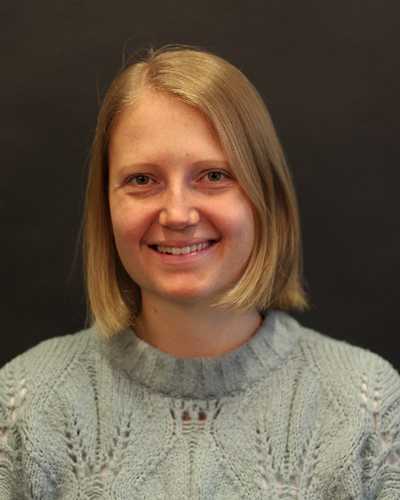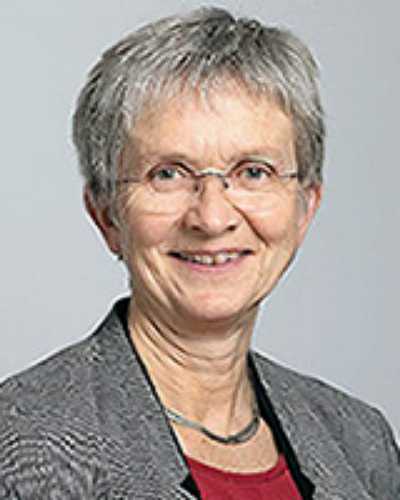Now published, see the full article
Early Abstract:
Introduction: As the numbers of, and interest for, decentralized medical curricula are increasing, the need for knowledge about enrolled students’ experiences become progressively urgent. Concerns have been raised that the learning environment may be impaired when educational programs are moved from urban to less central locations. Previous research investigating this issue have revealed discrepant findings, and no such studies have been conducted in Scandinavia.
Methods: In this cross-sectional study, the 50-item Dundee Ready Education Environment Measure (DREEM) was used to compare learning environment perception of students in a decentralized medical program in Norway, to that of their urban peers. DREEM includes statements about different aspects of a learning environment. Three student cohorts were included, and students responded to the questionnaire during the final two months of year 4. The original English DREEM was translated to Norwegian as a part of the study. Independent t-test was used for comparison of DREEM overall scores and subscale scores.
Results: Both student groups perceived the learning environment as good, and the educational atmosphere was seen as particularly positive. The decentralized group obtained a significantly higher overall DREEM score, as well as significantly higher scores for all subscales. The largest intersite difference was found for students’ perception of learning, while students’ academic and social self-perceptions were subjects to less score differences.
Conclusion: Despite concerns about suboptimal learning environment conditions in decentralized curricula, this study indicate the opposite. Plausible explanations include integration of students in a clinical community, development of continuous, longitudinal relations between students and teachers, and the use of flipped classroom activities in small student groups. Considering the learning environment’s importance for student learning and well-being, these findings are valuable in the further establishment and development of decentralized medical education.
Keywords: decentralized medical training, DREEM questionnaire, learning environment, longitudinal integrated clerkship, Norway, undergraduate medical training.



